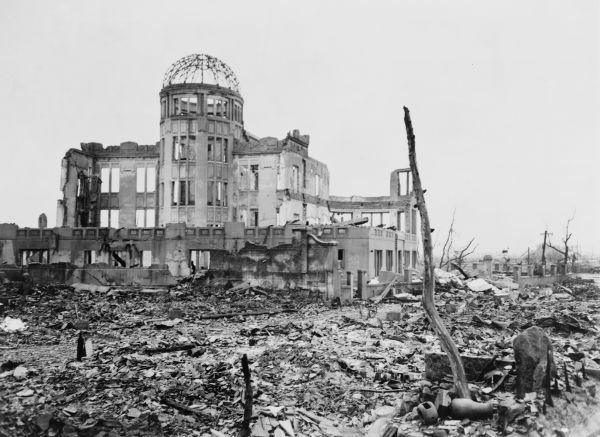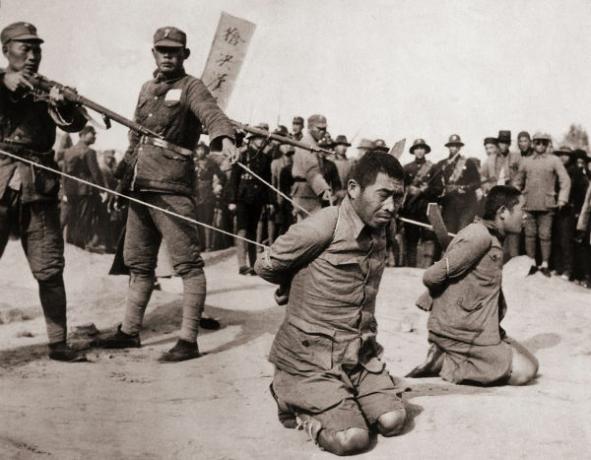For a long time, historians and textbooks minimized observation of the effects that World War II had on the German population. Much of this silence is directly related to the general tendency to blame Germany for the great ills of the conflict and, thus, to minimize the problems that the country itself experienced. However, new studies allow us to have a more accurate view of what World War II brought to the Germans.
Recent estimates say that more than two million Germans were murdered during this conflict. In addition, up-to-date discussions seek to review these values trying to further research the impact of the advance of Russian troops against that country. Still denying this same process of minimizing impacts, some experts on the subject point out clearly that the large amount of bombings carried out against German territory were a complete absurd.
A significant portion of the accounts that tell the dimensions of the horror suffered by the Germans are concentrated between the years 1943 and 1945. Thousands of buildings were completely destroyed, dying civilians were executed through the inevitability of their deaths and makeshift camps were organized for the burial of thousands of dead bodies. In general terms, we can highlight Berlin, Dresden and Hamburg as the cities that were hit most violently by the allies.
Historical sources from that time - mainly produced by people not committed to Nazism - insist on describing some of these attacks as "terrorist" or as just "decimating the population". At the same time, several revisionist historians seek to reconsider the number of victims that hit certain German cities. Undoubtedly, the silence reserved for war-torn Germany turned into a great and heated debate.
On the one hand, we see that the horror of this situation is for us not to limit the understanding of war as a simple dichotomy, where the allies were seen as great heroes and the whole of Germany represented the evil of that time. On the other hand, we must also appreciate that the tragic dimensions of the attack against Germany attested Adolf Hitler's madness in needlessly prolonging the maintenance of his battered government in war.
Even today, the recovery of several personal and daily accounts of the time aims to scale one side of this conflict that was unfairly covered up over time. If history is to be constructed through a search for impartiality, we must not minimize the studies that have problematized German suffering in war. As has been known for a long time, no military conflict can be well observed considering the unique existence of “good guys” and “bad guys”.
By Rainer Sousa
Graduated in History
Do not stop now... There's more after the advertising ;)
Would you like to reference this text in a school or academic work? Look:
SOUSA, Rainer Gonçalves. "The Wounds of World War II in Germany"; Brazil School. Available in: https://brasilescola.uol.com.br/guerras/as-feridas-segunda-guerra-na-alemanha.htm. Accessed on June 27, 2021.


